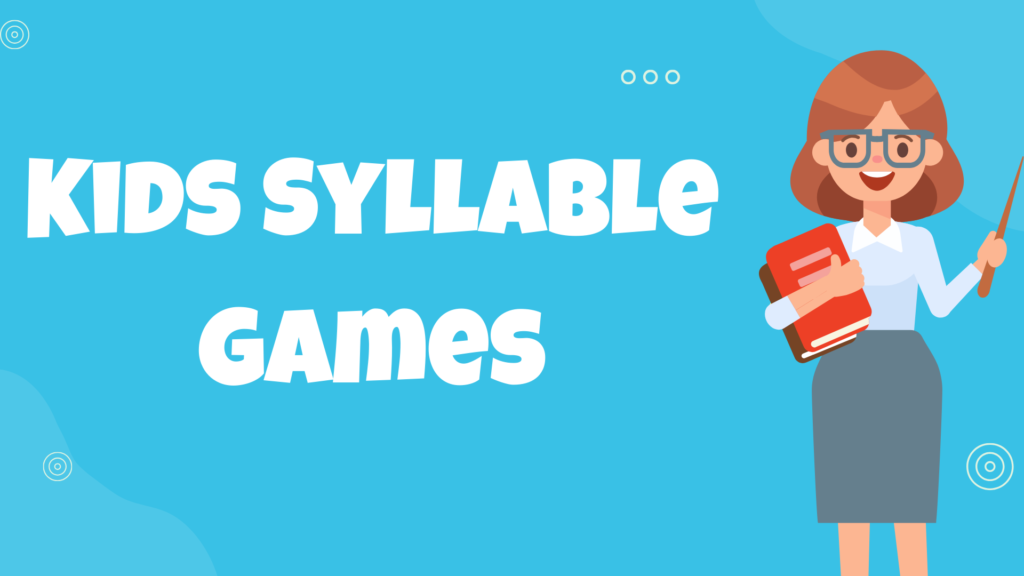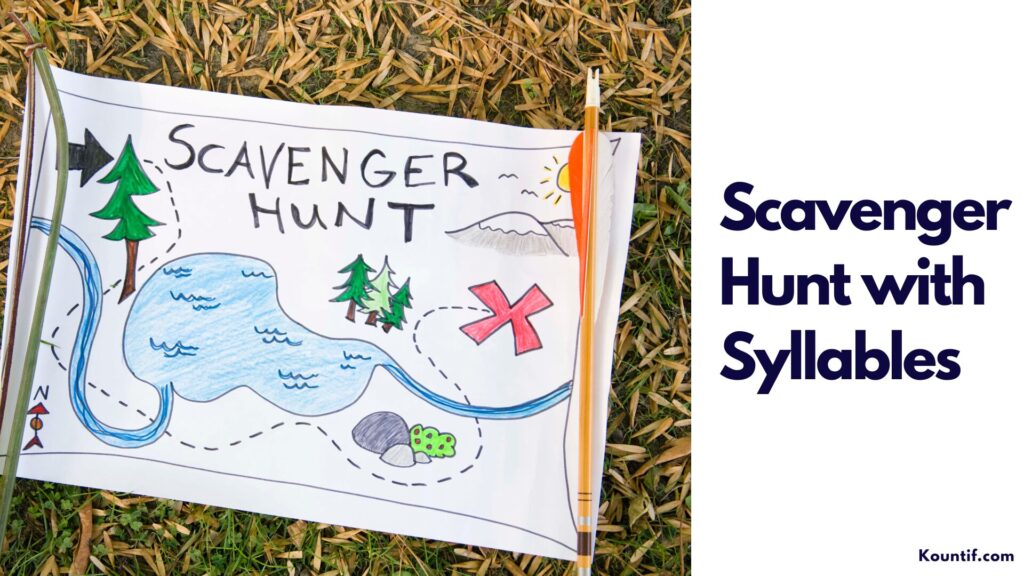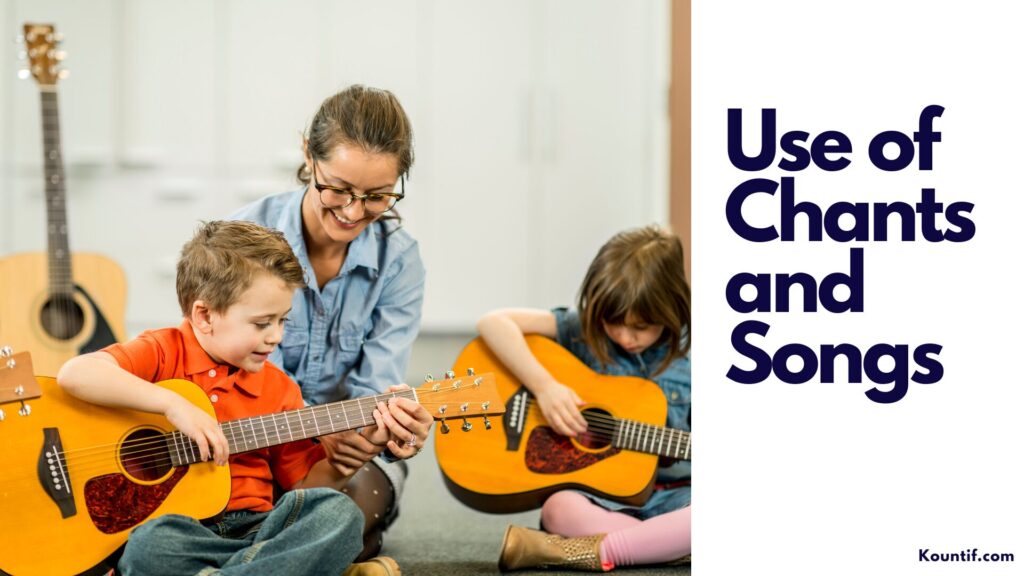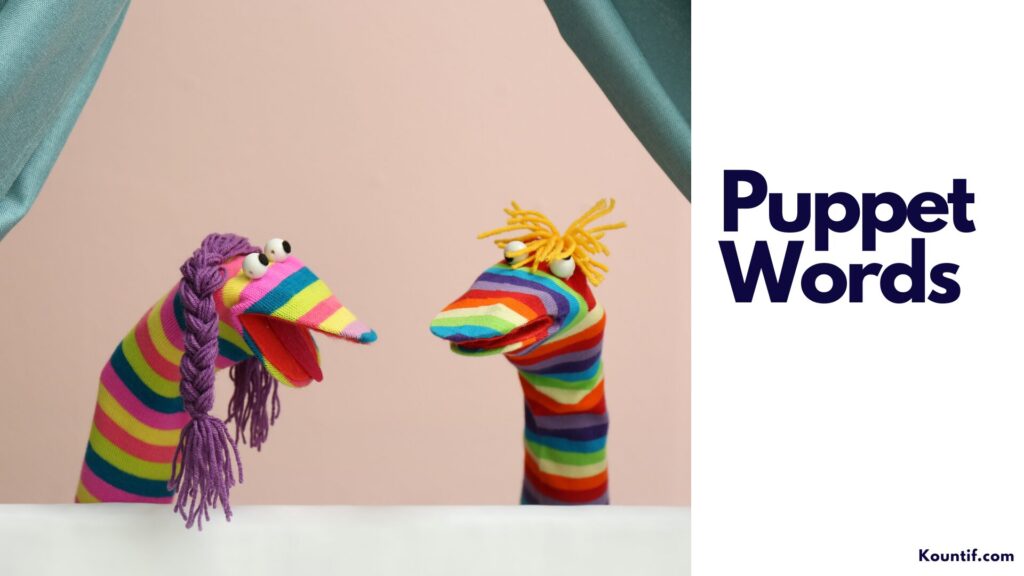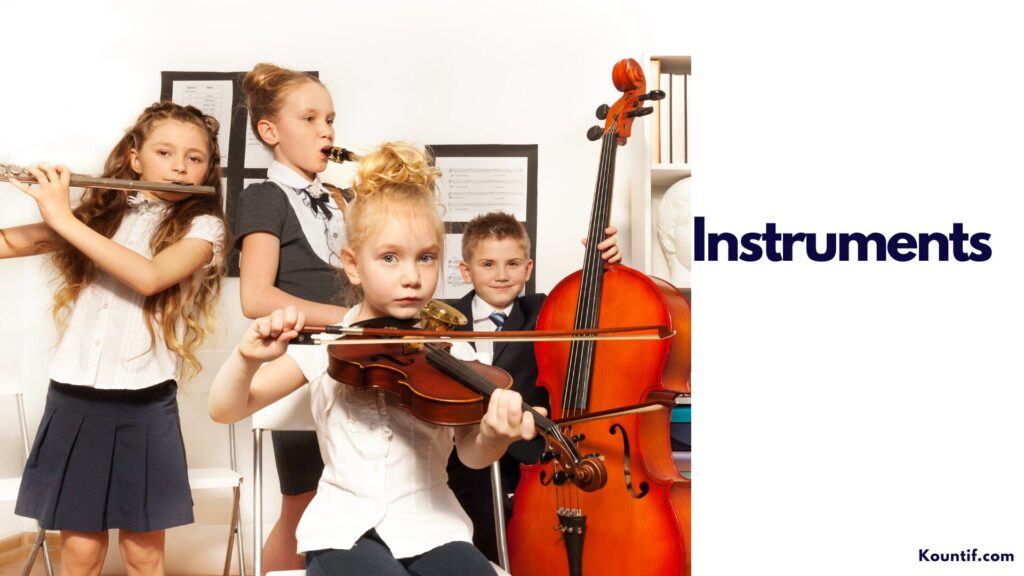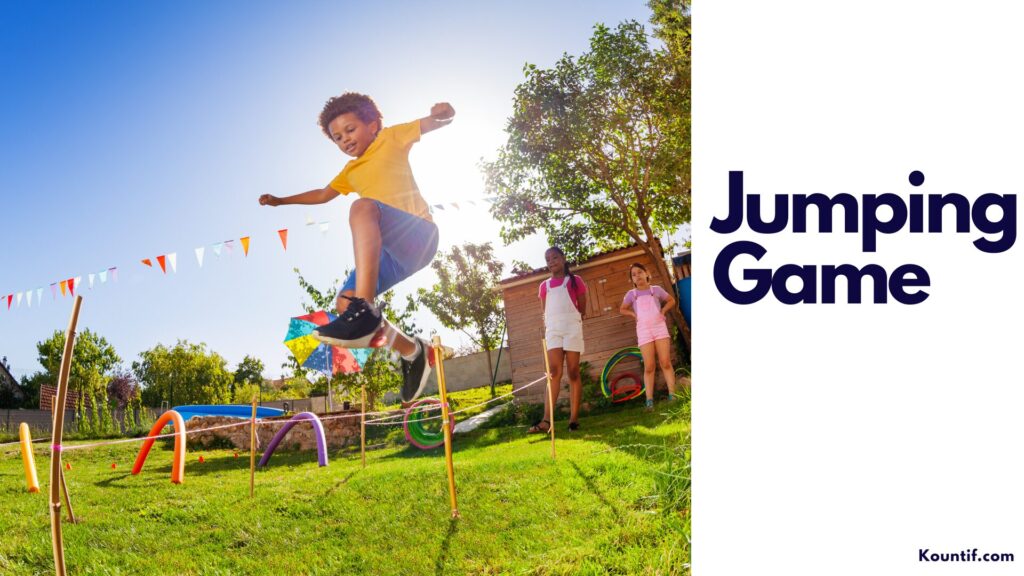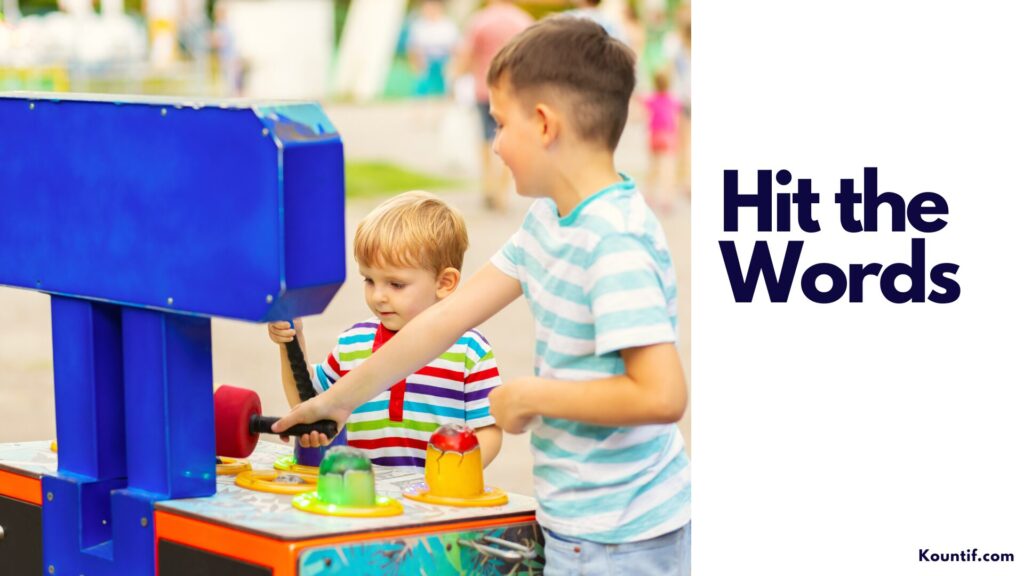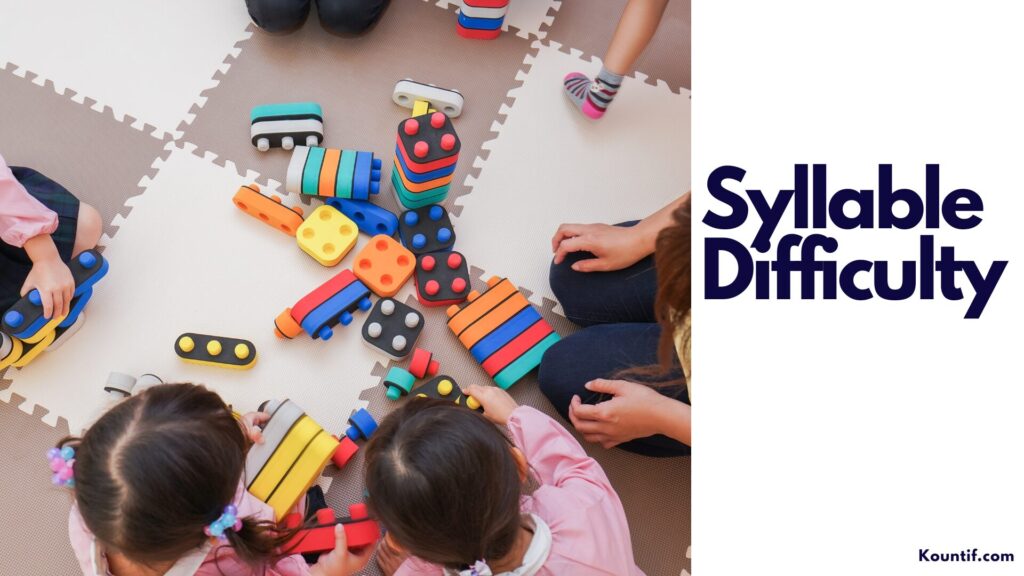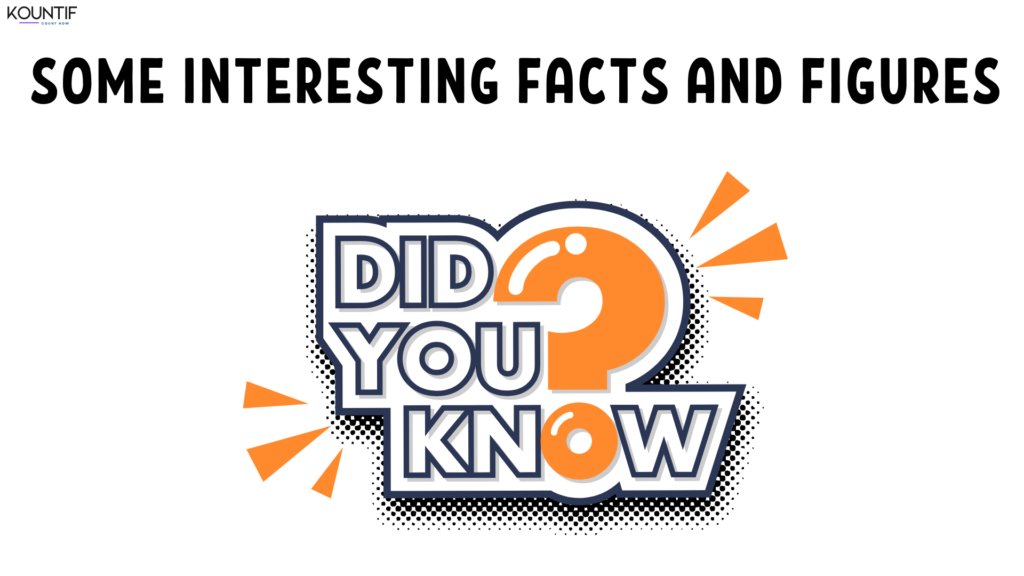
Educating kids on syllables can seem difficult, particularly since it can be difficult to hold their interest. Playing some fun syllable games, however, can make learning the rhythms of language an interesting journey. Learning syllables is essential for young students because it prepares them for reading and writing at a high level. Educating kids becomes more of a pleasant hobby by introducing syllable games and activities into their leisure.
Table of Contents
ToggleClap Your Hands:
Clapping is a basic, hands-on game that is both clear and traditional. Children feel the rhythms of the words.
The way to play is:
- Pick any word you want to say, and as you pronounce each syllable, tap your hand or clap on a surface.
- As an illustration, the word “banana” would be “ba-na-na,” followed by three claps.
- Playing this game, children can learn about syllables and the structure of words they come across daily.
Preposterous Sentence Structure:
Make a ridiculous sentence that makes you laugh; what could be better? While becoming proficient with sounds!
The way to play is:
- Each player adds a word to the expanding sentence to keep the number of syllables constant.
- The following word must have four syllables, for instance, if the sentence begins with “a dinosaur,” and so on.
- By using creativity and teamwork, this game helps to reinforce syllable counting.
Scavenger Hunt with Syllables:
A mobile scavenger hunt is a great way to learn syllables. The excitement of a good chase is combined with the delight of finding patterns in language.
The way to play is:
- Give children an alphabetical list of words and ask them to locate objects with the given number of syllables.
- Shoes and books are examples of two-syllable objects, whereas refrigerators are examples of five-syllable items.
- Kids’ general well-being is ensured by engaging in an enjoyable educational game through syllable scavenger hunts that combine learning and physical activity.
Make Use of Chants and Songs
Children like playing musical games, providing enjoyable and useful educational aids when paired with syllable acquisition.
The way to play is:
- Decide on a kid-friendly tune and give each syllable an object to represent.
- As an illustration, consider the song “Twinkle, Twinkle, Little Star,” where a star can represent each syllable.
- Kids can mix songs with real-world objects, which helps with syllable comprehension while encouraging creativity and imagination.
Pull Out the Puppet Words
Children’s Pets can magically pique children’s attention. Kids can have fun solving syllables with the help of puppets in this activity.
The way to play is:
Put various word parts on simple puppets that you create.
Children can play a tactile game by timing how quickly they touch each puppet while pronouncing the corresponding syllable. This brings fun and education together in a unique way.
With the exciting addition of puppet play, syllable practice becomes an enjoyable diversion for young minds rather than just an educational exercise.
Magical Box
This game leverages children’s curiosity about the mystery and appeal of a magic box to allow them to explore syllables.
The way to play is as follows:
- Cut out the syllables from card stock and prepare a box with a lid.
- To reveal the entire word, place a word within the box and speak each syllable until the lid lifts.
- The element of surprise, discovery, and the theatricality of a “magic” reveal makes learning about syllables more memorable.
Instruments
You can make syllables more musical by employing instruments to complement syllable beats. While emphasizing language mechanics, this game lets your inner musician out.
The way to play is:
- An instrument should accompany each syllable of a word.
- Try out various beats and tempos; use a drum for words with one syllable; for words with more complexity, use a triangle.
- With an added sensory element, instruments make learning more enjoyable for children and capture their attention through rhythm.
Sound-Affected Story
Sound effects can improve comprehension and the listening experience for kids who adore stories with lots of syllables.
The way to play is:
- To bring a story to life, give special attention to the sound effects associated with each phrase.
- Assist kids in determining how many syllables the words most stick out have.
- With its combination of syllable counting practice and creative thinking exercises, this game does more than boost reading comprehension.
Audio Books for Syllable Game
A child can become engrossed in interactive books with sound effects. It provides an interesting educational element to read these, emphasizing syllable counting.
The way to play is:
- Discuss the number of syllables in the words that activate the sound on pages that turn by using books like this.
- Including kids in the sound-making process helps them to notice syllable patterns in real-world conversations.
- Simple instruction in syllables can become a multimodal encounter with interactive books and sound effects, which will assist the lesson in staying in the child’s memory.
Jumping Game
Maintaining children’s interest in studying through physical activity is highly recommended. Syllable counting is made more difficult physically in the jumping game.
The way to play is:
- Children should jump once for each syllable of the phrase you call out.
- When they perfect the number of syllables, challenge them to keep their balance and poise.
- Kids get energy from jumping games and strengthen their syllable skills in an engaging, fun way. Jumping games also mix exercise with syllable repetition.
Hit the Words Theme
Kids can play a game where they have to choose words with the same number of syllables by choosing words fitting into a specific theme.
The way to play is:
- Select words that fall under your created theme, such as “space” or “animals.”
- Kids can “hit” the syllable as it’s uttered aloud by slapping their hands on a surface or using a soft toy.
- Children learn more about the various ways in which syllables function in various circumstances when themes are included.
Unique Difficulty Syllable Game
Youngsters who have mastered the fundamentals could benefit greatly from being given the task of identifying words with one or more syllables.
The way to play is:
- Have youngsters look for additional words with different numbers of syllables based on a predetermined word.
- This helps kids think critically about word structures and tests their understanding of syllables.
- Its complexity keeps the game interesting and motivates children to investigate the syllables more thoroughly.
Facts and Figures
- According to research, children with strong syllable awareness have better reading and spelling skills.
- The average English word contains 1.5 syllables.
- In the English language, the longest word has over 189,000 syllables.
- Syllable games can be played in various languages, making them accessible for diverse communities.
- Incorporating music into syllable games can improve memory and retention of syllable patterns.
- Syllable counting is a helpful tool for children learning to read, as it breaks down words into manageable chunks.
- Some experts suggest that playing with syllables can improve overall language skills, including vocabulary and grammar.
Summary of Key Points
- Syllable games can turn learning into an entertaining adventure for kids.
- Incorporate music, movement, and creativity to engage children in syllable learning.
- Interactive activities such as scavenger hunts and word races can reinforce syllable counting in a fun way.
- Utilizing props and themes can add a new layer of excitement to syllable games.
- The key to effective learning is to make it enjoyable and memorable by tapping into a child’s natural curiosity and love for play.
Overview of Game Ideas for Syllable Awareness
| Game Title | Description | Age Range | Objective | Materials Needed | Instructions | Variations |
|---|---|---|---|---|---|---|
| Clap Your Hands | Clap out the syllables of a word | 3-6 | Develop syllable awareness | None | Clap out the syllables of a word, one clap per syllable | Use different words, incorporate music |
| Preposterous Sentence Structure | Build silly sentences with a set number of syllables | 5-8 | Practice syllable counting and sentence structure | Paper, pencils | Start with a word, add words to build a sentence with a set number of syllables | Use different themes, incorporate grammar rules |
| Scavenger Hunt with Syllables | Find objects with a set number of syllables | 4-7 | Develop syllable awareness and vocabulary | List of words, objects | Find objects that match the number of syllables on the list | Use different themes, incorporate movement |
| Make Use of Chants and Songs | Sing songs and chants to practice syllables | 3-6 | Develop syllable awareness and musicality | Music, instruments | Sing songs and chants, emphasizing syllables | Use different genres, incorporate dance |
| Pull Out the Puppet Words | Use puppets to practice syllable counting | 4-7 | Develop syllable awareness and language skills | Puppets, words | Use puppets to act out words, counting syllables | Use different themes, incorporate storytelling |
| Magical Box | Open a box to reveal a word with a set number of syllables | 5-8 | Practice syllable counting and surprise | Box, words | Open the box to reveal a word, count the syllables | Use different themes, incorporate suspense |
| Instruments | Play instruments to practice syllables | 5-8 | Develop syllable awareness and musicality | Instruments | Play instruments, emphasizing syllables | Use different genres, incorporate improvisation |
| Sound-Affected Story | Listen to a story with sound effects and practice syllables | 4-7 | Develop syllable awareness and listening skills | Audio book, sound effects | Listen to the story, identify sound effects and count syllables | Use different themes, incorporate comprehension questions |
| Audio Books for Syllable Game | Listen to an audio book and practice syllables | 5-8 | Develop syllable awareness and listening skills | Audio book | Listen to the audio book, identify words and count syllables | Use different themes, incorporate comprehension questions |
| Jumping Game | Jump and count syllables | 4-7 | Develop syllable awareness and physical activity | None | Jump and count syllables, one jump per syllable | Use different words, incorporate movement |
| Hit the Words Theme | Play a theme-based game to practice syllables | 5-8 | Develop syllable awareness and language skills | Theme-based words | Play the game, identifying words and counting syllables | Use different themes, incorporate grammar rules |
| Unique Difficulty Syllable Game | Identify words with a set number of syllables | 6-9 | Develop syllable awareness and language skills | List of words | Identify words with the set number of syllables | Use different themes, incorporate comprehension questions |
Conclusion
Learning syllables doesn’t have to be a chore! With these fun and interactive syllable games, kids can develop essential language skills while having a blast. From clapping and chanting to scavenger hunts and puppet shows, there’s something for every learning style. By incorporating music, movement, and creativity, you can make syllable learning an entertaining adventure for your kids.
FAQs
What is the best way to include syllable games in my child’s everyday activities?
The integration of syllable games into daily living is simple. Basic routines can be established by clapping along to stories at storytime, forming goofy rhymes while driving, and cooking.
What age is appropriate for me to start my child playing syllable games?
Though basic games can be modified for varying age groups, syllable awareness starts in preschool. Assessing your child’s level of interest is crucial, then proceed accordingly.
Will playing games with syllables truly help my child become more verbally proficient?
Indeed! Knowing how they sound is based on pronouncing words correctly, writing them out, and comprehending what they mean. Kids can learn more effectively and easily when they play games that they find interesting.

